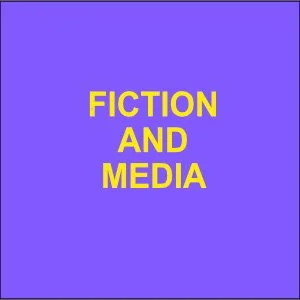By Geraldine brooks
This gripping historical novel is based on the true story of Eyam, the "Plague Village," in the rugged mountain spine of England. In 1666, the bubonic plague is brought to this isolated settlement and the people choose to seal themselves off to prevent the spread of infection.
This gripping historical novel is based on the true story of Eyam, the "Plague Village," in the rugged mountain spine of England. In 1666, a tainted bolt of cloth from London carries bubonic infection to this isolated settlement of shepherds and lead miners. A visionary young preacher convinces the villagers to seal themselves off in a deadly quarantine to prevent the spread of disease. The story is told through the eyes of eighteen-year-old Anna Frith, the vicar's maid, as she confronts the loss of her family, the disintegration of her community, and the lure of a dangerous and illicit love. As the death toll rises and people turn from prayers and herbal cures to sorcery and murderous witch-hunting, Anna emerges as an unlikely and courageous heroine in the village's desperate fight to save itself.
Exploring love and learning, fear and fanaticism, and the struggle of science and religion to interpret the world at the cusp of the modern era, Year of Wonders is at once a story of unconventional love and a richly detailed evocation of a riveting moment in history. Like Arthur Golden's Memoirs of a Geisha and A. S. Byatt's Posession, Year of Wonders blends learning and romance into an unforgettable read.
NY. Penguin.2001. 336p.





















